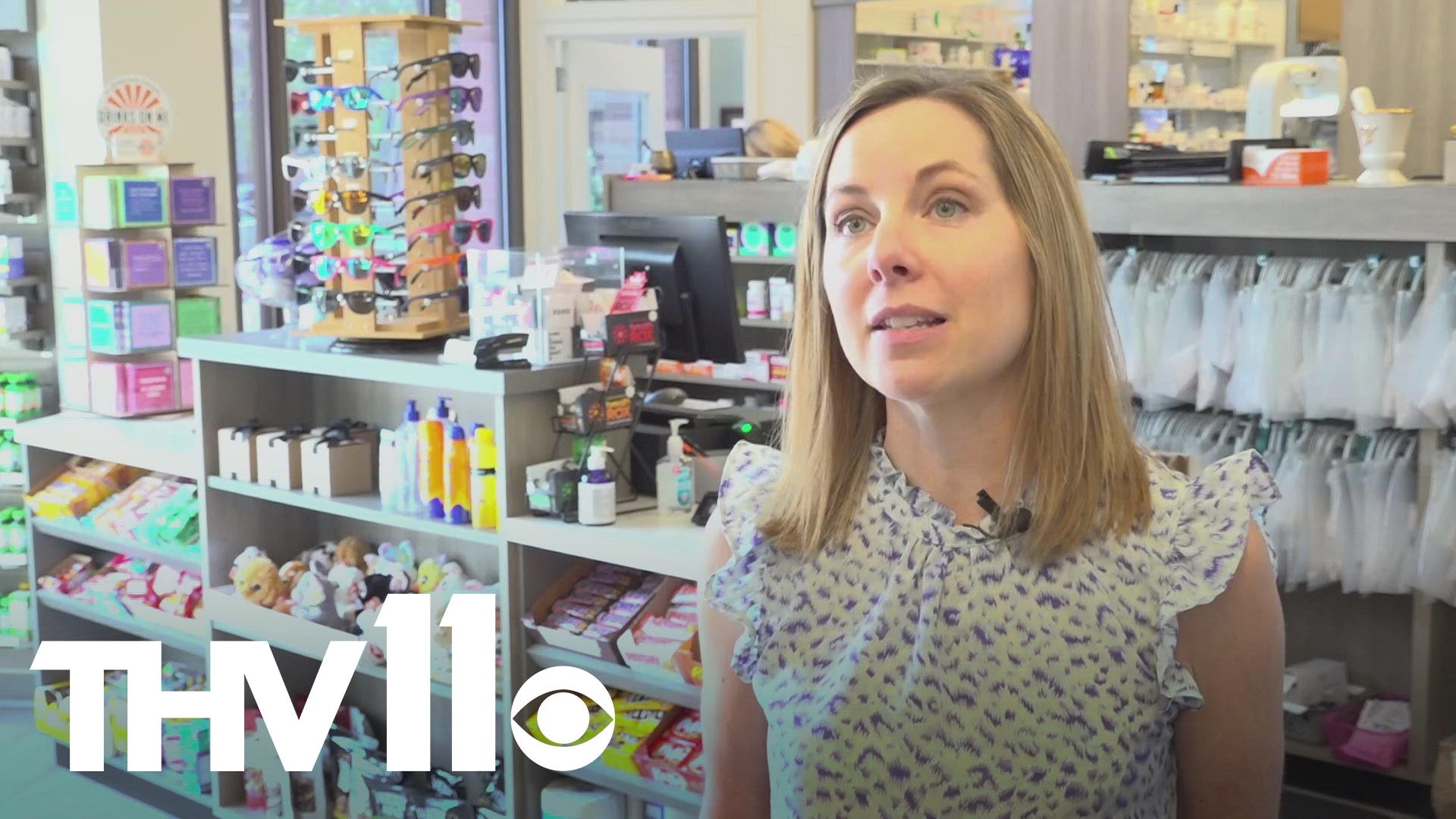LITTLE ROCK, Ark. — For the past several years, you've probably seen ads, posts, and articles about the weight-loss phenomenon— semaglutide.
The medication that has become widely popular in the United States is often sold under the brand names like Ozempic or Wegovy.
It was originally intended for people with diabetes, but the drug is also associated with weight loss. However, interest in using the medication for weight loss purposes has skyrocketed over the past few years.
John Vinson with the Arkansas Pharmacists Association explained how the trend is contributing to a shortage of a drug that has already been hard to get.
"Sourcing the ingredients and having enough supply is a challenge for the manufacturer,” Vinson said. “But also, they're blockbuster drugs, meaning there's high demand. They're highly effective. They're popular."
He also explained how according to the latest data, the shortage could continue until 2026. However, it’s not the only issue that has been plaguing pharmacies.
Owner of Little Rock's Kavanaugh Pharmacy, Anne Pace, said that the price of the medicine can also make it harder to stock
"Just think about having something that costs $1,100 and you're getting paid $1,000 for it,” Pace added. “So that's not a winning battle for a pharmacist."
She explained how her pharmacy has to buy expensive, FDA-approved versions of Ozempic, and they aren't always reimbursed like they should be when insurance helps patients with the bill.
However, it has been a different story for the Hawley Health Center in North Little Rock.
Most of the clinic's patients are looking for help with weight loss, and owner Beth Hawley said they’ve been able to buy a slightly different, “compounded” formula, which can often be cheaper.
However, these formulas aren’t officially FDA-approved, although the facilities that produce them can be.
"We are getting compounded products,” Hawley said, “Again, through an FDA-registered pharmacy… These compounded medications, I will speak to that they aren't FDA-approved in that way."
Hawley explained how they also keep costs down by being a family-owned business in a way most pharmacies can't.
For many pharmacies, the price set by Pharmacy Benefit Managers (PBMs), who serve as “middlemen” between insurers and pharmacies, often isn't enough.
"The reimbursement from big insurance or from the middle man who set the prices on your prescription drugs are not sufficient to cover the drug,” Vinson said.
Vinson and Pace both proposed a number of solutions to the price problem and in turn, the shortage. The main one was stricter enforcement of legislation forcing PBMs to pay a fair amount.
The state of Arkansas fined four PBMs earlier this month for underpaying pharmacies.
More information on that case, and PBMs in general, can be found here.

